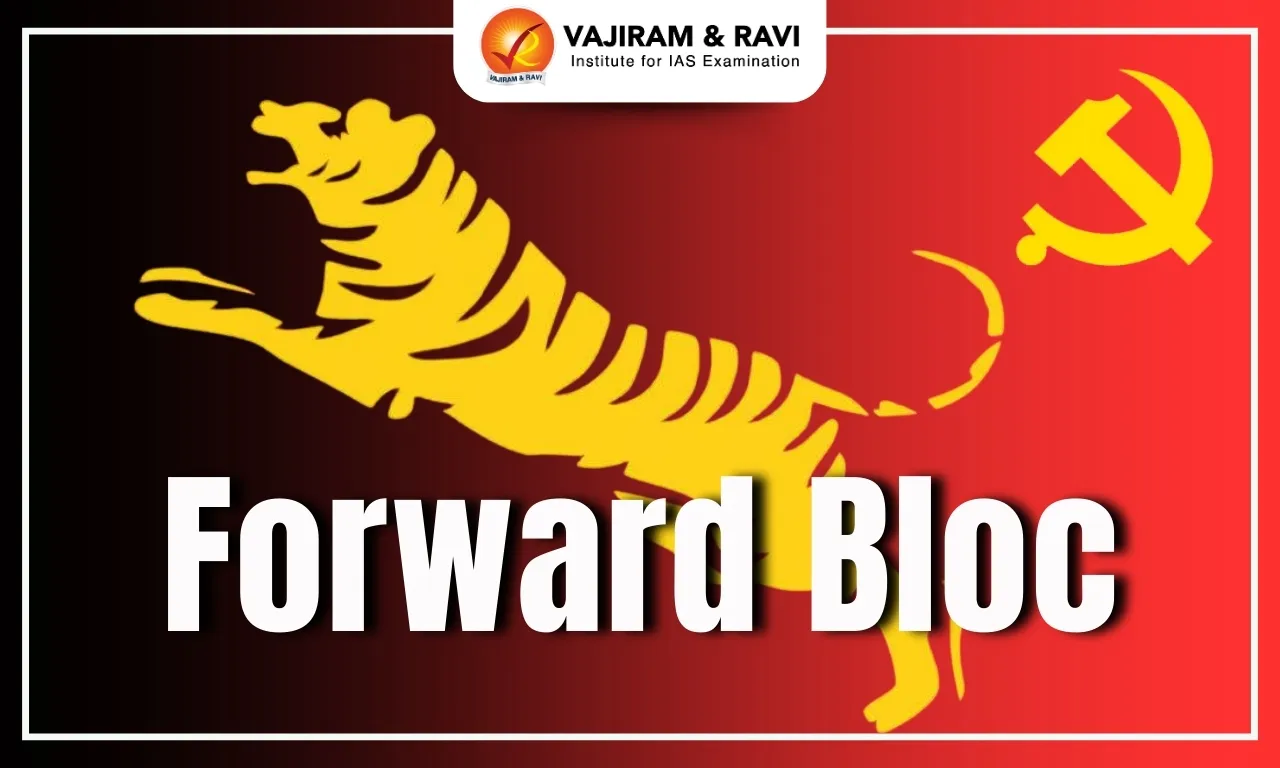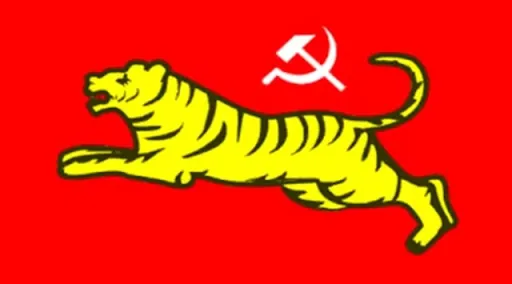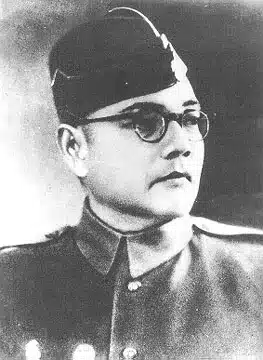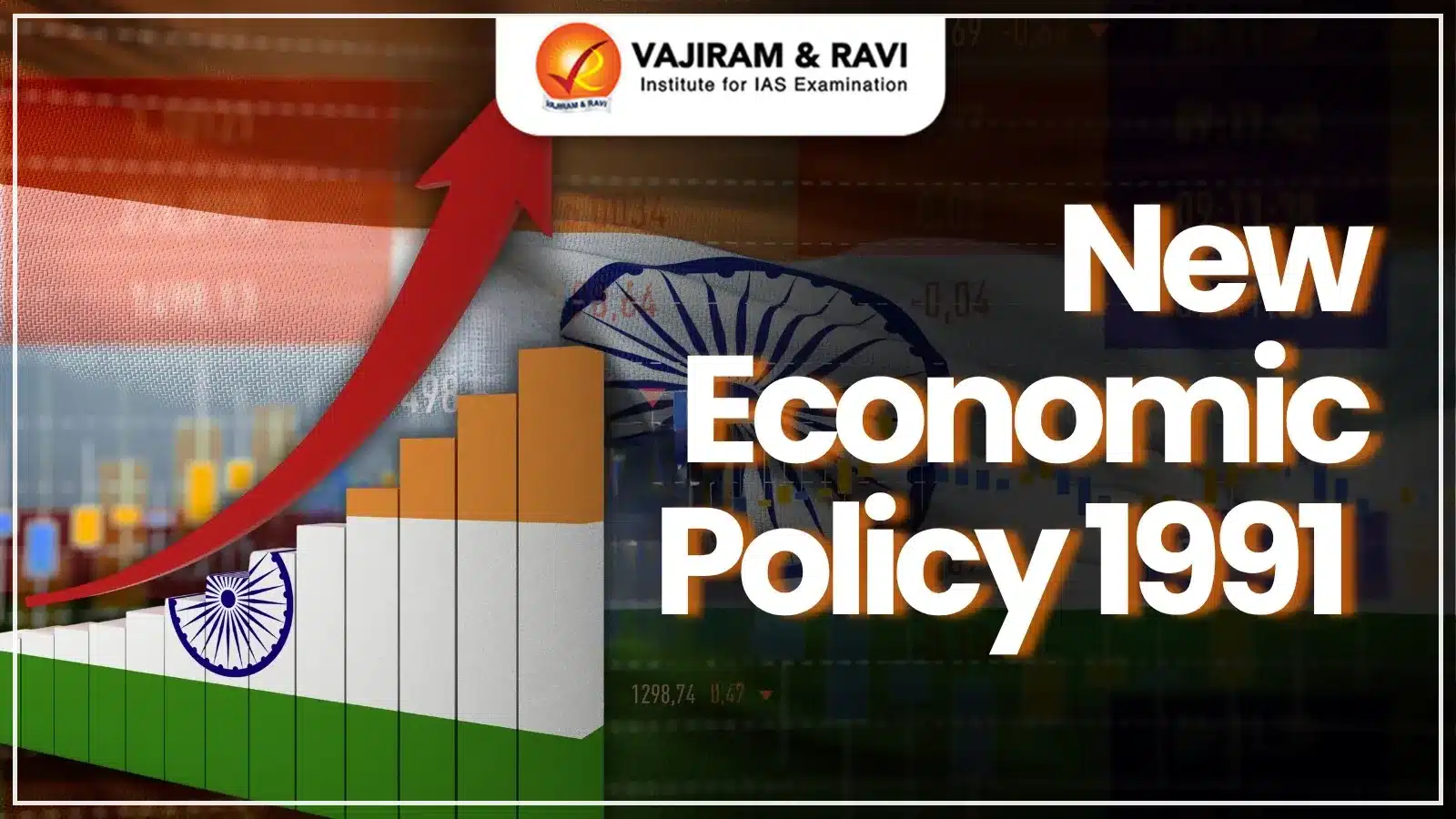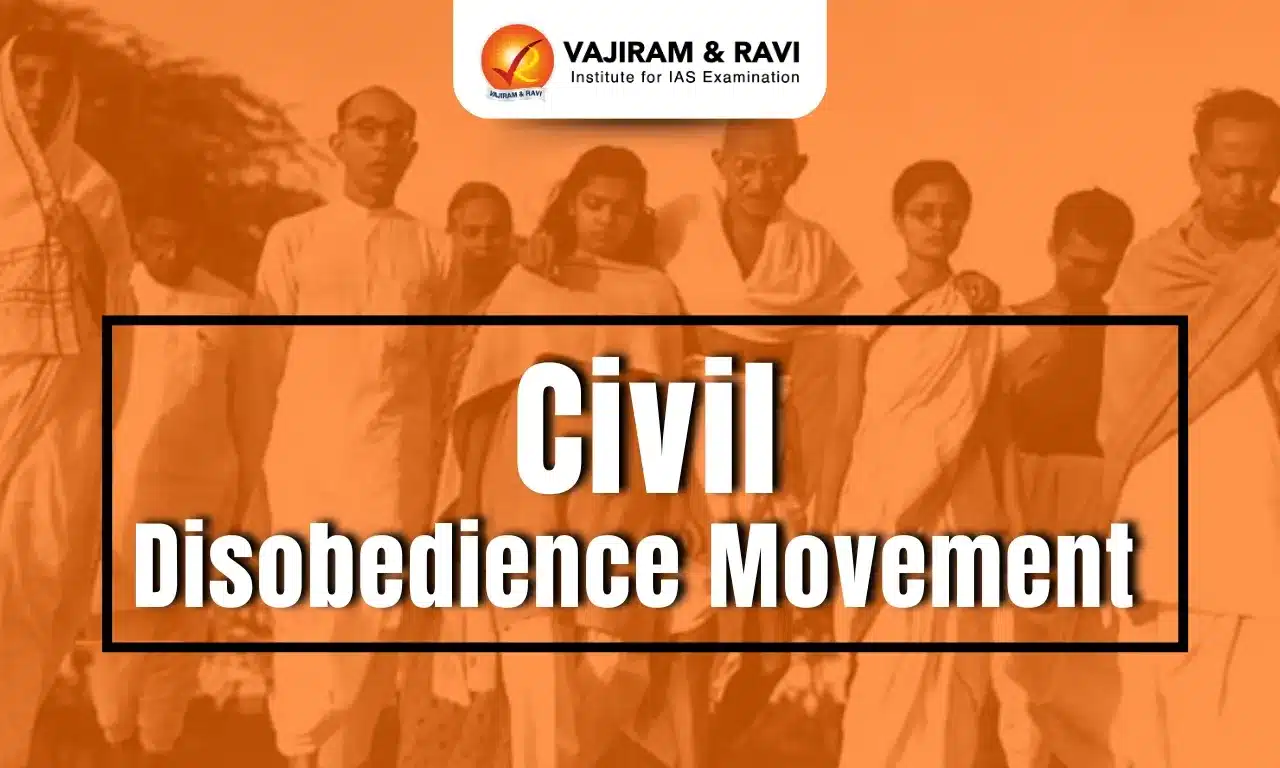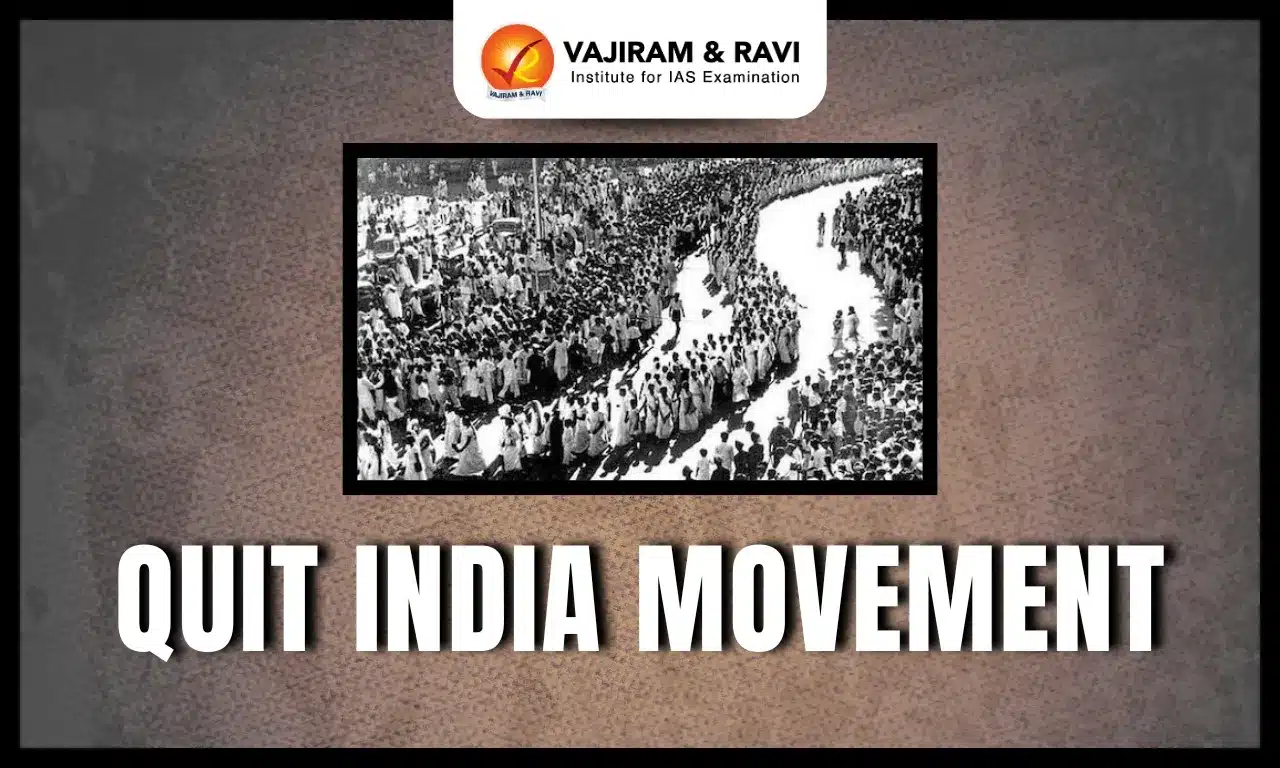Forward Bloc is a political party that was originally founded by Subhash Chandra Bose on 3 May 1939 in Makur, Unnao (Uttar Pradesh). It was established as a faction within the Indian National Congress. Forward Bloc was the result of ideological differences between Subhash Chandra Bose and the Congress Leadership, which had a passive approach to independence. Seeking a more assertive strategy, Bose believed in taking direct action to achieve complete freedom from British rule.
Forward Bloc sought to bring together all radical elements of the Congress Party. Forward Bloc aimed to promote India's independence while upholding equality and social justice. Forward Bloc was re-established as an independent political party after the independence of India, with its main stronghold in West Bengal.
Forward Bloc History
Forward Bloc was based on Subhash Chandra Bose's radical ideas and unwavering commitment to India's independence which combined nationalism with socialism and advocated for a militant struggle against British rule.
- Ideological Differences: Bose grew increasingly dissatisfied with the Indian National Congress's leadership, particularly under Mahatma Gandhi, believing their approach lacked the urgency needed for independence.
- Bose's involvement in the 1930 Salt Satyagraha led to his arrest, but his disagreements with Gandhi and Congress leaders intensified, particularly regarding non-violent resistance.
- Haripura Congress Session: At the Haripura Congress session in February 1938, Bose was elected president. He emphasised the revolutionary potential of Congress ministries and also passed a resolution to morally support those protesting in princely states.
- Tripuri Congress Session: In January 1939, Subhash Chandra Bose was re-elected as Congress president at the Tripuri Congress session, defeating Pattabhi Sitaramayya, a candidate supported by Gandhi.
- Bose proposed a six-month ultimatum to Britain for India's independence, citing Europe's impending war as a suitable time. Gandhi opposed this militant approach, arguing that India was unprepared for such a confrontation.
- Bose’s Resignation: Bose resigned as Congress president in April 1939, realising that his ideological differences with Gandhi and other Congress leaders could not be bridged.
- Formation of Forward Bloc: Shortly afterwards, Subhash Chandra Bose founded the Forward Bloc to unite those who supported his vision of immediate and radical action for India's independence.
Forward Bloc Formation
Forward Bloc was founded by Netaji Subhash Chandra Bose on May 3, 1939, in Makur, Uttar Pradesh, after he resigned as president of the Indian National Congress due to conflicts with Mahatma Gandhi.
- Constitution of Forward Bloc: In June 1939, a conference in Bombay approved the constitution and program of the Forward Bloc.
- Forward Bloc Committee: In July 1939, Subhash Chandra Bose announced the formation of the Forward Bloc Committee, with himself as president, S.S. Caveeshar as vice president, and Lal Shankarlal as general secretary.
- Awareness and Support: Bose launched the newspaper Forward Bloc in August 1939 and travelled across the country to garner support.
- Anti-Compromise Conference: In March 1940, Bose held the Anti-Compromise Conference in Ramgarh, collaborating with the Kisan Sabha. The conference called for a worldwide struggle against Indian resource exploitation for imperial purposes, resulting in enthusiastic public participation.
Forward Bloc Objectives
Forward Bloc, founded by Subhash Chandra Bose in 1939, emerged as a significant political force in the Indian independence movement. Its initial goal was to unite all left-wing factions within the Indian National Congress and establish an alternative leadership within the party. The objectives of the forward bloc are discussed in detail below:
- Poorna Swaraj: The Forward Bloc aimed for complete national independence and committed itself to a steadfast struggle against imperialism.
- Socialism: It promoted social ownership and control of production and distribution.
- Social Equality: The Forward Bloc emphasised equality and social justice for all. Additionally, the party stressed equal rights for every individual.
- Modernise India: It supported linguistic and cultural autonomy for all communities and sought to establish India as a modern state.
- Boost Economy: The Forward Bloc aimed to create a modern socialist state, focusing on scientific, large-scale production to revive the country's economy.
Forward Bloc First Conference
Forward Bloc held its first All India Conference in Nagpur from June 20 to June 22, 1940. During this conference, the party was officially declared a socialist political organisation, with June 22 marked as its founding day.
- Resolution: The conference passed the 'All Power to the Indian People' resolution, calling for militant action against British rule.
- Leadership: Subhash Chandra Bose was elected president, and H.V. Kamath became the general secretary.
Forward Bloc Repression
Forward Bloc faced severe repression following Bose's escape on January 17, 1941. The leaders and members of the Forward Bloc faced severe persecution, including torture and imprisonment. Many Forward Bloc activists were jailed, demonstrating the British authorities' attempt to suppress the movement.
- In June 1942, the Forward Bloc was officially banned, yet it continued to support the Quit India Movement.
Forward Bloc Impact
Forward Bloc played a crucial role in India's freedom struggle, mobilising the masses against British colonial rule. Its ideological stance, combining socialism, nationalism, and anti-imperialism, distinguished it from the Indian National Congress. Despite being a smaller political player since independence, its radicalism and advocacy for social justice continue to influence Indian political discourse.
Forward Bloc UPSC PYQs
Q1. Which party was founded by Subhash Chandra Bose in the year 1939 after he broke away from the Congress? (UPSC Prelims 2005)
(a) Indian Freedom Party
(b) Azad Hind Fauj
(c) Revolutionary Front
(d) Forward Bloc
Ans. (d)
Last updated on March, 2026
→ UPSC Notification 2026 is now out on the official website at upsconline.nic.in.
→ UPSC IFoS Notification 2026 is now out on the official website at upsconline.nic.in.
→ UPSC Calendar 2026 has been released.
→ UPSC Final Result 2025 is expected to be released soon.
→ Check out the latest UPSC Syllabus 2026 here.
→ Join Vajiram & Ravi’s Interview Guidance Programme for expert help to crack your final UPSC stage.
→ UPSC Mains Result 2025 is now out.
→ UPSC Prelims 2026 will be conducted on 24th May, 2026 & UPSC Mains 2026 will be conducted on 21st August 2026.
→ The UPSC Selection Process is of 3 stages-Prelims, Mains and Interview.
→ Prepare effectively with Vajiram & Ravi’s UPSC Prelims Test Series 2026 featuring full-length mock tests, detailed solutions, and performance analysis.
→ Enroll in Vajiram & Ravi’s UPSC Mains Test Series 2026 for structured answer writing practice, expert evaluation, and exam-oriented feedback.
→ Join Vajiram & Ravi’s Best UPSC Mentorship Program for personalized guidance, strategy planning, and one-to-one support from experienced mentors.
→ Check UPSC Marksheet 2024 Here.
→ UPSC Toppers List 2024 is released now. Shakti Dubey is UPSC AIR 1 2024 Topper.
→ Also check Best UPSC Coaching in India
Forward Bloc FAQs
Q1. Who founded the Forward Bloc?+
Q2. What was the objective of Forward Bloc?+
Q3. In which year Forward Bloc was established?+
Q4. Where was the first All India Conference of the Forward Bloc held?+
Q5. What is the Forward Bloc?+

